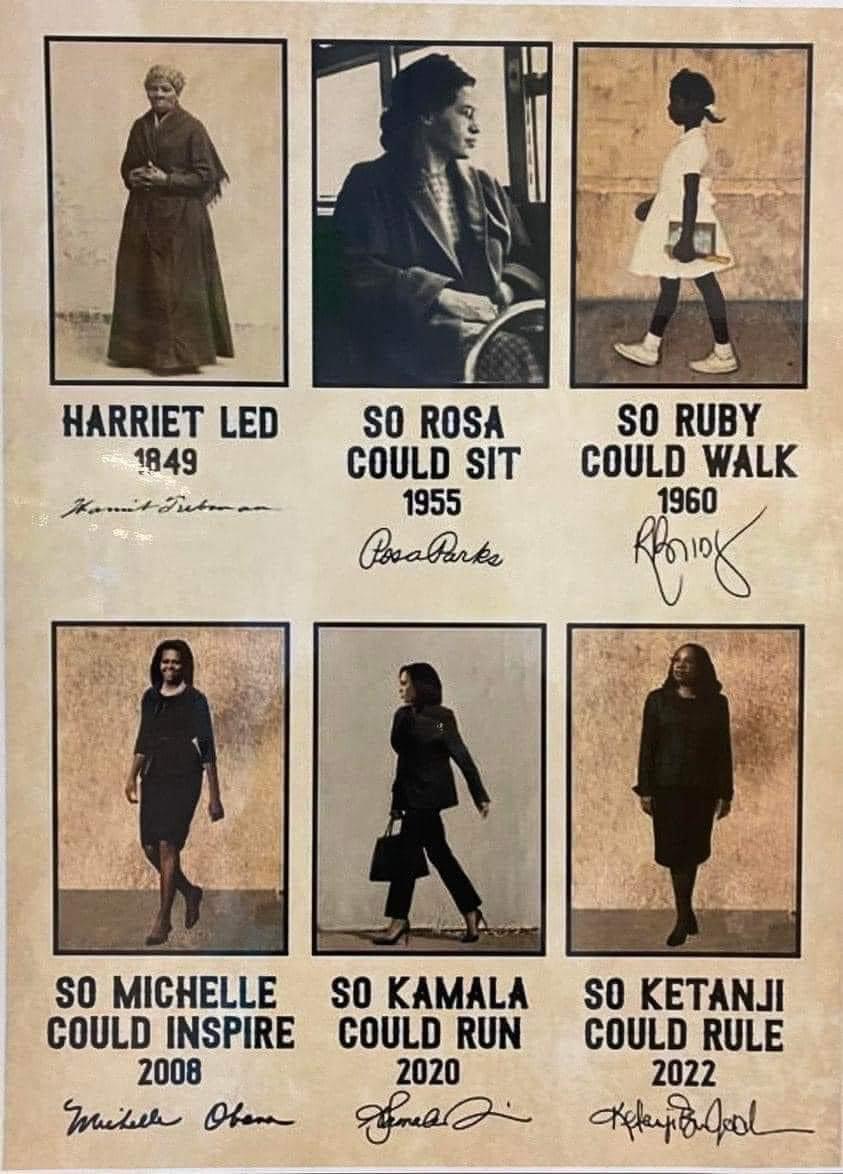I wanted to segue into Women’s History Month writing one more article honoring both Black and Women. I think I found it. . .
The first African-American to publish a novel was Harriet Wilson, born March 15, 1825, in Milford, New Hampshire. Abandoned by her parents at the age of six, Harriet became an indentured servant until she turned eighteen. She then became a seamstress and house servant for various households in southern NH.
On Oct. 6, 1851 she married Thomas Wilson in Milford, who left her shortly after they were wed. In 1852, she moved to the Hillsborough County Poor Farm in Goffstown, where her only child, George, was born. George died at the age of seven in early 1860.
Soon after her son’s death, Harriet moved to Boston where she wrote the novel Our Nig, or Sketches from the Life of a Free Black. In Sept., 1859, her novel was anonymously published by a Boston publishing company, “George C. Rand & Avery”. It was not until 1982, when the renowned author and literary critic Henry Louis Gates Jr., came across her novel and had it documented as the first novel published in America by an African American.
Harriet Wilson died on June 28, 1900, in Quincy, Massachusetts. To learn more about her life, click here.
Rosary Broxay Cooper was born in Florida in 1913. She graduated from an all-Black Florida school as a certified pediatric nurse. She was hired by a family to care for their children and accompanied them to their resort in Maine. This family owned resort was about 15 minutes from Portsmouth, NH, where in 1938, she met her future husband. Rosary and Owen Cooper married and moved to Portsmouth.
Besides being a children’s nurse, Rosary got a job at the Portsmouth Naval Academy during World War II as a file clerk. With her husband away serving in the Army, Rosary trained for and eventually became a twenty-ton crane operator.
After the end of the war, the couple purchased a sixteen-room house in a section of Portsmouth which is now part of the Strawbery Banke Museum. There they rented out rooms to Black boarders. In the meantime, Rosary attended a beauty school in Boston, thereby earning herself a certification and opening a beauty shop in her home in 1949. She had become the first Black, licensed beautician in the Portsmouth community.
Rosary also found the time to fundraise for the state Soldier’s Home and the Veteran’s Administration Hospital in Tilton. She was a member and president of the Ladies Auxiliary of Portsmouth’s Veterans of Foreign Wars. She went on to become the state chairwoman of the VFW’s Ladies Auxiliary.
Rosary Cooper was 84 when she died on Jan. 3, 1997.
Melanie Ann Levesque was born outside of Boston on May 20, 1957. After she moved here to NH, she became the first African American to serve in the NH Senate from 2018-2020. Before that, she served from 2006-2010 and then 2012-2014 in the NH House of Representatives. Melanie currently resides with her husband in Brookline.

